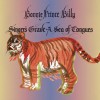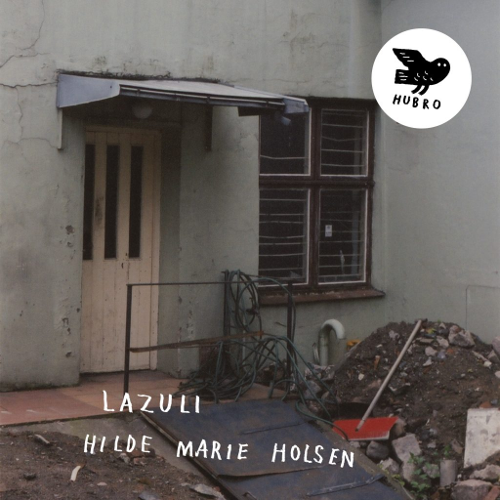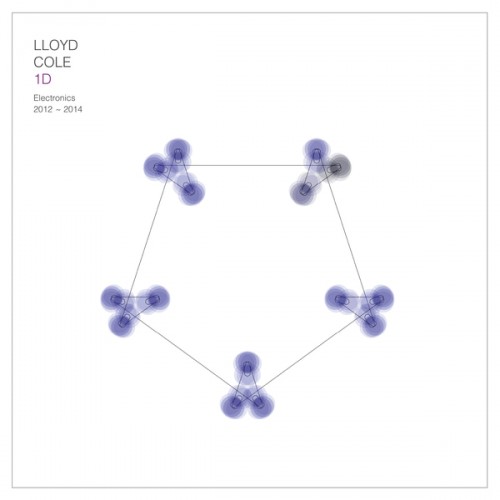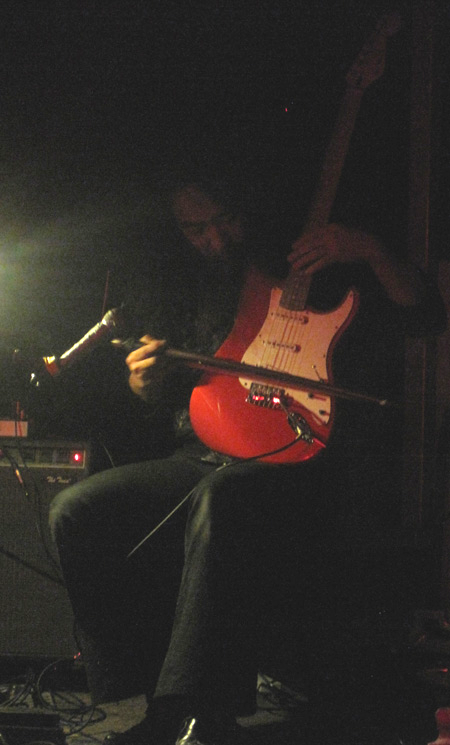Drag City (North America)/Domino (Europe)
 Will Oldham has never shied away from revisiting the past. He updated the indie primitivist early work of Palace Brothers (and name variations thereof) from before he took on the Bonnie “Prince” Billy identity with a collection of veteran country session musicians on Sings Golden Palace Music (2004) to excellent effect. The album gave a polish and shine to songs which were only improved by the addition of high production values — which thankfully didn’t reduce Oldham’s off-kilter strangeness one jot in the process. Then came a few more more recent reworkings in curiously upbeat style of such classics as “I See A Darkness” or “I Don’t Belong To Anyone” on the Now Here’s My Plan EP of self-covers (which also accompanied a book-length interview with Alan Licht) in 2011.
Will Oldham has never shied away from revisiting the past. He updated the indie primitivist early work of Palace Brothers (and name variations thereof) from before he took on the Bonnie “Prince” Billy identity with a collection of veteran country session musicians on Sings Golden Palace Music (2004) to excellent effect. The album gave a polish and shine to songs which were only improved by the addition of high production values — which thankfully didn’t reduce Oldham’s off-kilter strangeness one jot in the process. Then came a few more more recent reworkings in curiously upbeat style of such classics as “I See A Darkness” or “I Don’t Belong To Anyone” on the Now Here’s My Plan EP of self-covers (which also accompanied a book-length interview with Alan Licht) in 2011.
Recorded and co-produced by Lambchop‘s Mark Nevers, the guest musicians assembled for Singer’s Grave A Sea Of Tongues include old compadres such as Emmett Kelly and Judd Hughes on guitar and brother Paul Oldham on bass. Bluegrass legend Earl Scruggs‘ grandson Chris contributes mandolin and ukelele and there’s more than enough room in the mix for pedal steel from Calexico‘s Paul Niehaus while three of the McRary Sisters provide backing vocals; and his mother Joanne Oldham did the cover too.
Where a certain level of melancholy suffused Wolfroy Goes To Town with a stately magnificence, Singer’s Grave is more determinedly on a good-time groove by comparison. A prime example of the transformation from the chiaroscuro stories beating at the heart of Wolfroy is found in the final song, “Sailor’s Grave A Sea Of Sheep.” Here, Billy takes the melody of beautifully dark epic “Black Captain” and sings it afresh with entirely new lyrics as a lilting ballad shining on glowing piano runs from Tony Crow (also of Lambchop), though perhaps losing something of the tune’s sparse grandeur along the way. Likewise, the radical rocking-out which Billy and the band apply to “New Whaling” dispenses with its prowling solemnities and chivvies everything up into the almost-raucous “So Far And Here We Are.” With its words sung now with a firm determination which turns the original mood almost completely on its head, the steel strings of an acoustic guitar take on the job of delivering the soaring counter-melody sung so effectively by Angel Olsen on the Wolfroy rendition.
While “Old Match” turns “No Match” into an almost jubilant singalong with a brightly-plucked mandolin riff which would seem right at home in a Seventies TV them song, it pivots the original’s defiantly spare atmosphere around 180 degrees until its perkiness becomes distracting, even verging on the jauntily bombastic — though as is so often the case with his songs, infectiously so. Likewise, the way in which “Whipped” is rendered with the same sort of gospel choir stylings from the McRary Sisters is more than powerful enough, but listening back to the single cut reveals huge differences. As originally recorded with Olsen aiding and abetting Billy’s remarkable self-accompanying feats of hitting the high notes, it has a similar architectural impact to Low‘s flabbergastingly immense “Majesty.” Comparing the newer with the older take is a bit like hearing BPB’s band perform in the admittedly stunning surroundings of a church or chapel, then next moment being hit upside the head by the vastness of Cologne Cathedral — the contrast really is as stark as that.
Singer’s Grave A Sea Of Tongues is perhaps not the brand-new studio album which his fans have been waiting for so eagerly; that might possibly have to wait until Mr Oldham decides if he will ever bring in a full band to play some or all of the songs which made up his self-titled, self-released album of solo acoustic sketches from late 2013. One thing is certain — whatever his next release brings, just like Singer’s Grave, it’s unlikely to be the same as any disc he’s recorded before. Give it six days or six weeks, and this album will probably be a canonical Oldham release too, hummed and heard in the distance and the background to inner space musings alike, just as almost every Bonnie “Prince” Billy release to date has become in due course.
-Richard Fontenoy-
* Recent collaborative albums with the likes of Trembling Bells and Dawn McCarthy feel like they have their own independent, jointly-forged life outside those which are identifiable as solely Bonnie “Prince” Billy records.



